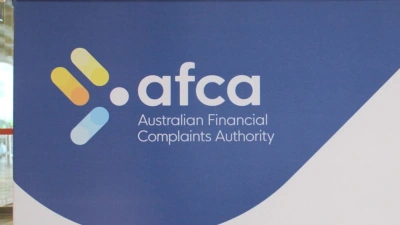Small licensees fear PI slug
The deadline for the financial planning sector to propose changes to the controversial wording of draft Corporations Act Regulation 7.6.02AAA fell yesterday (November 30), bringing down the curtain on its ability to influence the passage of the regulation into law by early next year.
It will introduce a mandatory professional indemnity (PI) insurance framework into the financial planning industry for the first time, requiring all licensees to have arrangements in place to enable them to pay any compensation claims that may be made against them.
The Financial Planning Association (FPA) is among a number of industry representative bodies believed to have submitted proposed changes to Federal Treasury, author of the draft regulation.
At the heart of industry’s concerns are both the wording of the draft and apparent contradictions between the wording of the draft and the wording of a written commentary by Treasury that accompanies the draft regulation.
Additional verbal reassurances by Treasury spokespersons recently over its intentions for the draft regulation appear to have failed to convince industry to accept that the draft wording would not potentially place impossibly onerous PI cover requirements on smaller, independently-owned licensees.
Financial planning firms that are connected to a bank or life insurance office, and where those organisations provide it with a guarantee, will not have to have the PI insurance requirement — thereby effectively exempting most of the larger financial planning licensees from the regulation.
The concerns are probably best encapsulated within a submission to Treasury by Perth-based financial services-specialist lawyer Mark Halsey, which was submitted with the support by the Association of Independently Owned Financial Planners.
Halsey calculated in his submission that compliance with the draft regulation could require some smaller, independently owned licensees to acquire professional indemnity cover “in the order of $50 million”.
His calculation is based on the draft regulation stating that licensees’ insurance must be “adequate, having regard to the highest possible liability that could arise in connection with all claims in respect of which the licensee could be found liable”.
“In a worst-case interpretation of the ‘highest possible liability’, using a licensee’s number of clients as a benchmark, you can calculate enormous levels of aggregate liability cover that would be required for even a very small licensee,” he said.
Recommended for you
ASIC’s court case with Interprac is causing advisers to explore the possibility of self-licensing, according to My Dealer Services, as they observe the reputational damage it can bring to a practice.
AZ NGA has entered a strategic partnership with a Sydney advice firm with $600 million in assets under advice to support its succession plans and future growth.
With complaints on the rise and an expanded jurisdiction, the Australian Financial Complaints Authority is on the hunt for four C-suite roles, three of which are newly-created positions.
Ahead of the 1 January 2026 education deadline for advisers, ASIC has issued its ‘final warning’ to the industry, reporting that more than 2,300 relevant providers could be on their way out.










